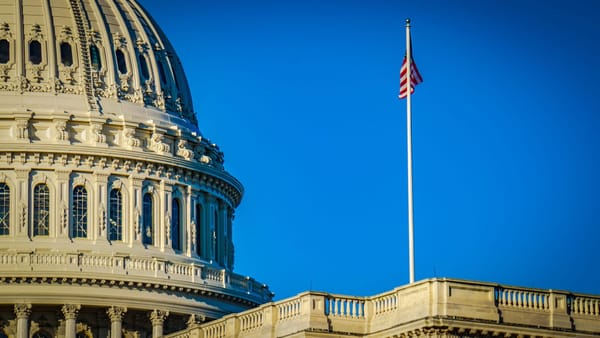
Digital Inclusion
FCC Confirms April as Final Month of ACP Funding
Bipartisan legislation aimed at extending the program remains at a standstill in the Senate Appropriations Committee.

Digital Inclusion
Bipartisan legislation aimed at extending the program remains at a standstill in the Senate Appropriations Committee.
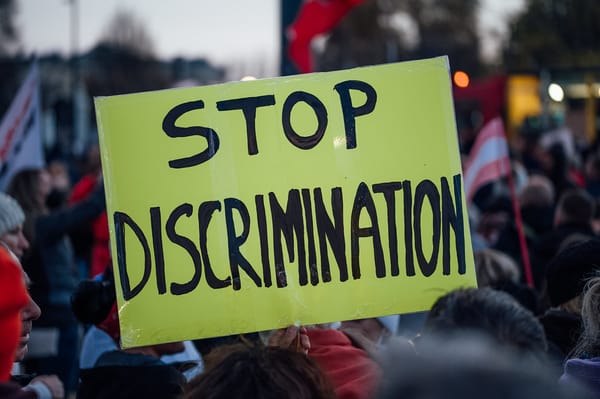
Digital Inclusion
The suit filed Tuesday marks the third legal case to target the FCC’s digital discrimination rules since adopted in November.
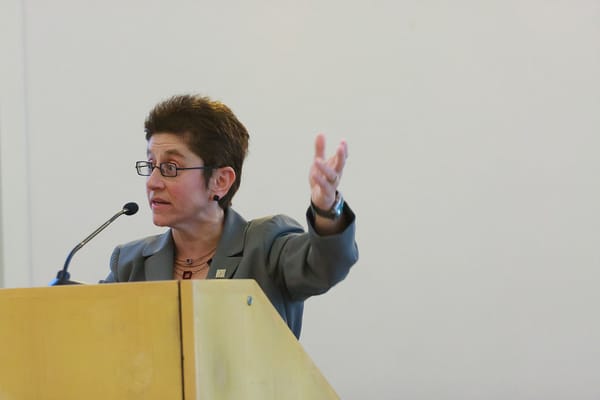
Rural
Almost 70 broadband associations are urging the FCC to allow ISPs who cannot fulfill their commitments to surrender their grants with a lesser penalty.
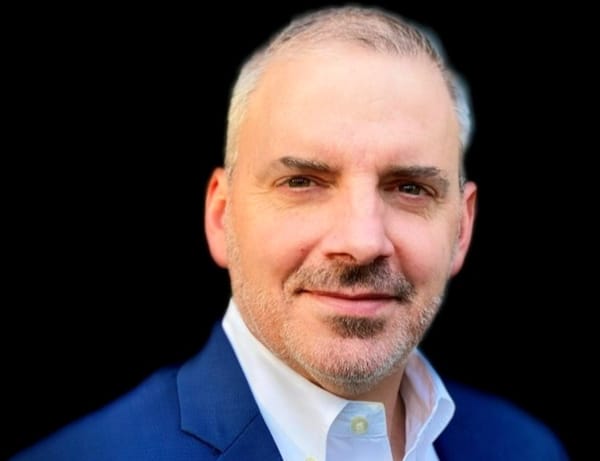
Expert Opinion
In the case of rural communities, monopolies are a particularly bad fit.

Broadband Mapping and Data
The FCC sought public input in November on including latency metrics in reporting requirements.

Expert Opinion
Even hardline conservatives should rally behind the ACP and the additional funding needed to keep the program alive.
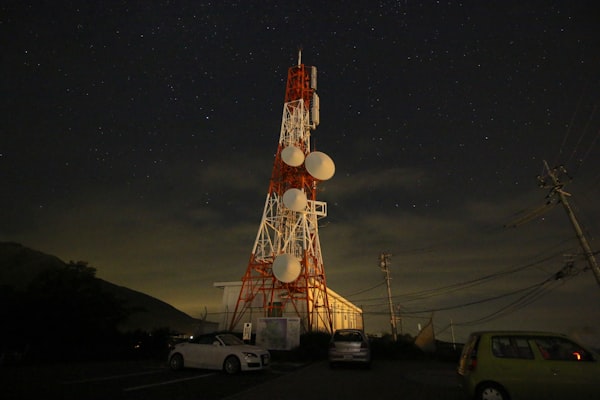
Spectrum
Seven new systems were greenlit to manage spectrum in the 6 GHz band.
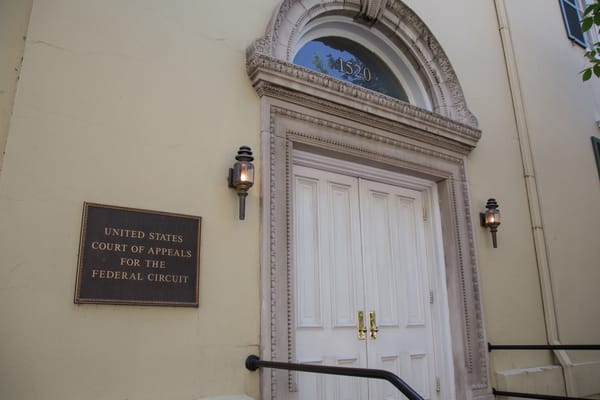
Funding
In its petition to the court, LTD asserts that the FCC's denial of RDOF funds is unlawful and should be set aside.
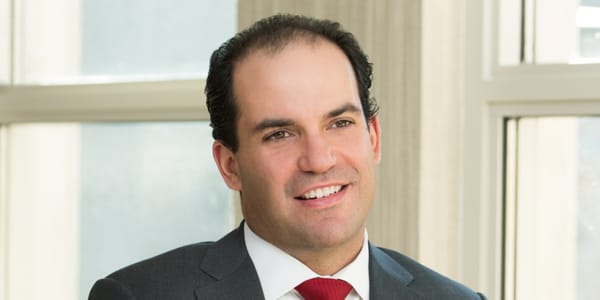
Digital Inclusion
Adoption of the disparate impact standard exceeds the FCC’s statutory authority, NCTA says.
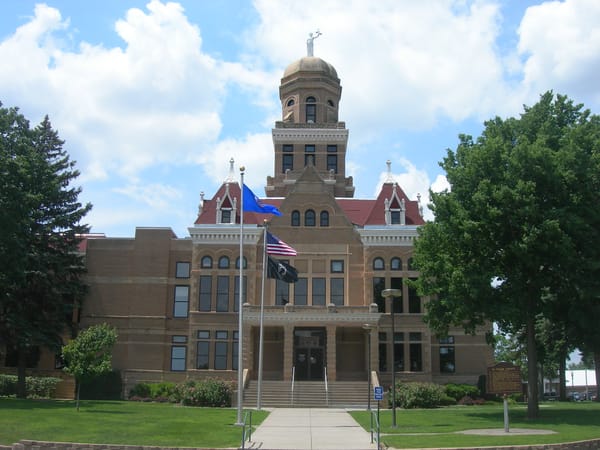
BEAD
Only a single public institution provided feedback on ways the FCC’s broadband data collection initiative could be improved.
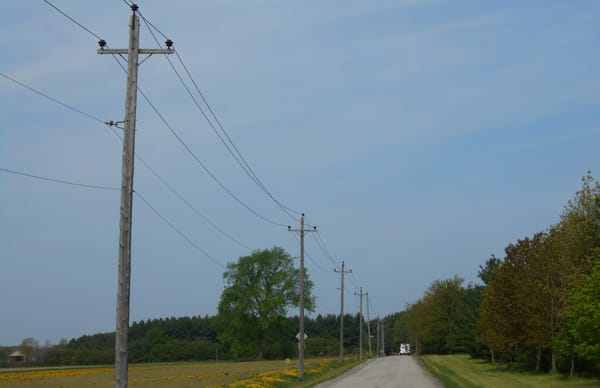
Infrastructure
Seven telecom organizations oppose an electric utility association's petition to the FCC, which seeks to overturn pole attachment changes.
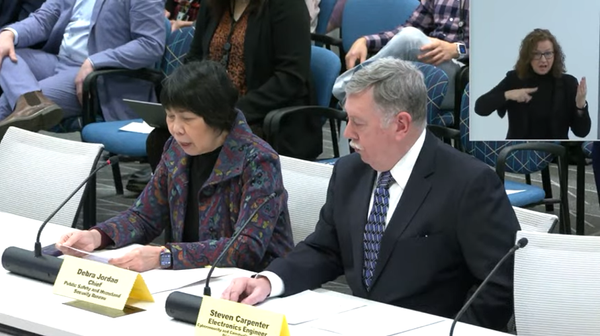
Public Safety
The agency also introduced regulations to simplify consumers revoking consent for robocalls.

Digital Inclusion
The survey highlighted concerns of 81 percent of households with schoolchildren about potential loss of the ACP.
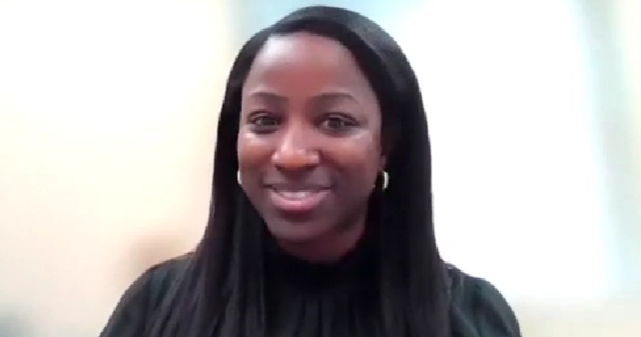
BEAD
The experts expressed doubts about addressing workforce shortages that could potentially stall BEAD build-outs.
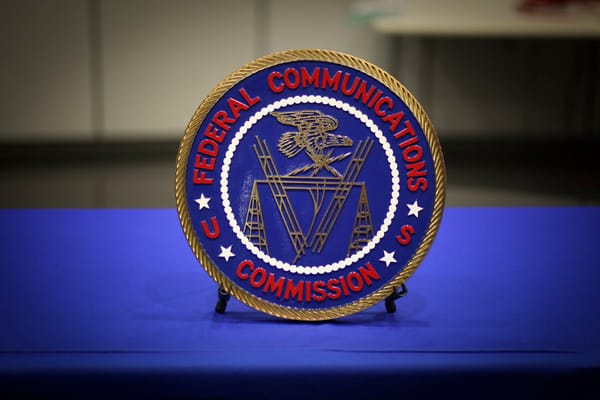
People
Three new leaders at the Federal Communications Commission's Consumer and Governmental Affairs, Public Safety and Homeland Security and Media Bureau.
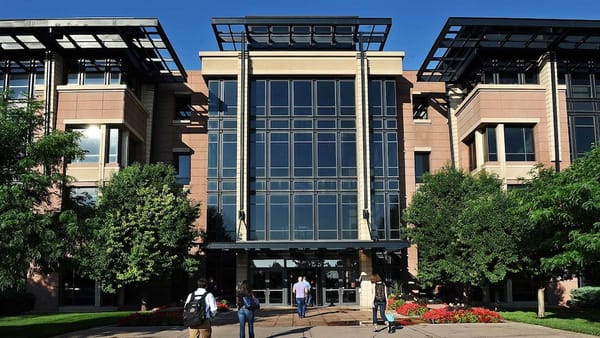
Digital Inclusion
The company needs to be designed as an Eligible Telecommunications Carrier to promote the Lifeline option, it said.